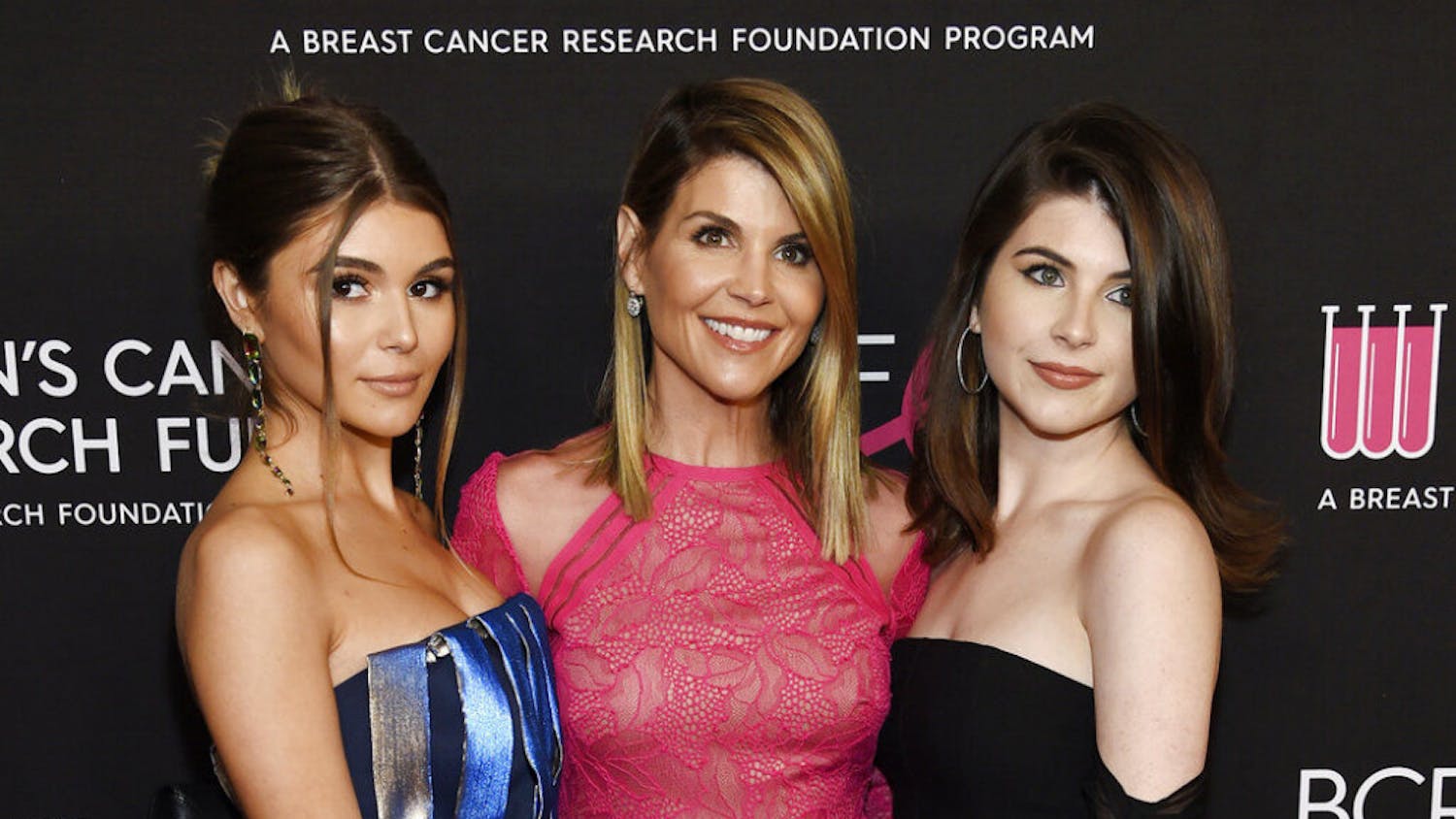For me, high school was not the environment that movies and television shows painted it as. There were no jocks with letterman jackets sitting in the hallway during class, chatting it up with cheerleaders. Not once did I see a straight-A student mocked or ridiculed for being academically focused. Friday afternoons lacked the aura of youthfulness and adolescent adventure that supposedly surround a rivalry football game that evening. Yes, we were all young, squinting as we desperately tried to see the future ahead of us, but I cannot help but feel that the culturally fabricated atmosphere of high school has been long gone.
For myself and many others, high school was not necessarily a time of personal growth, social development and intellectual exploration. It was pre-college, a relentless rat race, with the area’s “elite” scratching and clawing for an admission letter to a top college.
For some, that dream school was UF. For others, it was Harvard University. Regardless of the university being pursued, the carefree and expressive atmosphere of high school portrayed in film was choked out and replaced by suffocating levels of competition among peers. Gone were the days of learning for learning’s sake and doing activities out of intrinsic motivation. Instead, I was presented with four long years in a world where grade point averages were means of identification, college was the final goal in life and community service was done less to help those in need and more so to have a fat number of hours on your transcript.
The college admissions process has become saturated with overachieving students, all with sky-high GPA’s, impressive ACT scores and enough community service hours to build to fill several spreadsheets.
Thankfully, it appears that much-needed change is coming. Last month, Harvard released a heavily endorsed report aimed at redefining the admissions process. The actual report is rather concise, incredibly well-structured and easy to digest, given its sometimes complex ideas.
In general, the report has three main goals:
1. To promote “more meaningful contributions to others, community service and engagement with the public good.”
2. To assess “students’ ethical engagement and contributions to others in ways that reflect varying types of family and community contributions across race, culture and class.”
3. To redefine “achievement in ways that both level the playing field for economically diverse students and reduce excessive achievement pressure.”
Long story short, it appears that Harvard wants to mold the admissions process into one that is accessible and holistic. It’s no longer a game of solely numbers (GPA, SAT, ACT, etc.), but instead a fight for the most interesting and thoughtful individuals.
Goal one sounds good in theory, but I’m afraid it will not be enough to change the landscape of community service among high school students. By placing even more of an emphasis on serving the community, it is inevitable that a large sum of students will miss the philanthropic point of it all.
Goal two is abstract. It basically assesses “contributions to one’s family” and “students’ daily awareness of and contributions to others.” Are these elements of an applicant’s life really quantifiable? If anyone can find a way to do such a thing, it’s Harvard, and if they do, then I suppose everybody wins. Until then, I remain skeptical.
Goal three is what I believe to be the most critical. The report’s recommendations hit the nail on the head, by “prioritizing quality — not quantity — of activities,” being aware of “overloading on AP/IB courses” and aiming to reduce “test pressure.” Kids these days are put under unbearable amounts of pressure to outperform their peers on these standardized tests. Our country’s schooling years have turned into boot camp, a well-oiled machine with the only goal of preparing pupils to frantically bubble in letters for the sake of their future.
Take a moment to think about just how much of our lives will have been determined by No. 2 pencils filling in circles. From elementary school through college, each successive step between these milestones is heavily determined by a single number, originating from a Scantron we filled out one day. A university of Harvard’s reputation taking some emphasis off of this is huge.
I may not agree with everything in the report, but as a former high-school student that struggled through the muck and mire of college admissions, I feel that this is certainly a step in the right direction.
Andrew Hall is a UF finance sophomore. His column appears on Thursdays.





